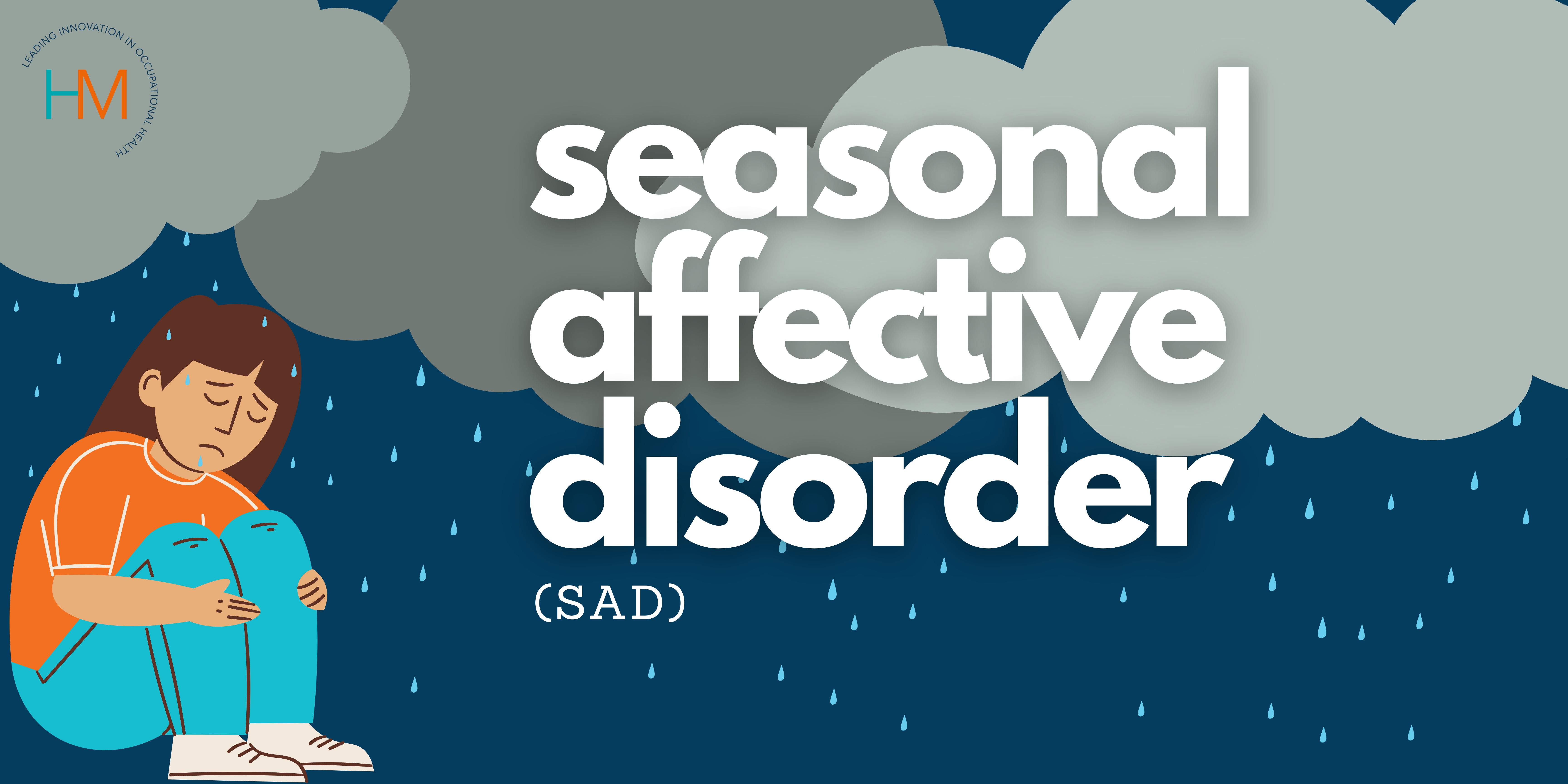If you have a tendency to feel low during the colder, darker months- it may be a little more than the winter blues.
Seasonal Affective disorder (SAD) or seasonal depression is a mood disorder that happens repetitively every year usually over the autumn/ winter months.
Symptoms of SAD include:
- feeling sad, irritable or hopeless or a persistent low mood
- loss of pleasure in normal everyday activities
- fatigue
- increase in appetite
- low self-esteem
- becoming less sociable
- weight gain
- decreased libido
- suicidal thoughts
- feeling stressed or anxious
What causes SAD?
There is no known cause of SAD as of yet, however, it is often linked to the amount of exposure to sunlight being reduced due to shorter days.
Some theories suggest that the lack of sunlight may effect the brains hypothalamus and stop it from working properly which, in turn, can effect the bodies production of melatonin (the hormone that makes you sleepy), serotonin (the hormone that affects your mood, appetite and sleep) and you body’s circadian rhythm (body clock).
There is also evidence to suggest that SAD can be heredity.
What can be done to treat SAD?
If you believe you are suffering from SAD then you can talk to your GP who will be able to work with you and recommend the best treatment for you.
This could include:
- getting more time outside to get more natural light
- regular exercise
- managing stress levels
- light therapy (using a light box)
- talking therapies
- antidepressant medicine
There are also ways you can help yourself to manage and prepare for symptoms of SAD:
- Keep a diary so you can look over the years and see when your mood starts to shift in the year
- Try to batch prepare and freeze meals for when you are lacking in energy to cook
- Talk to your family and friends and ask them to check in on yourself
- Try relaxation techniques
- Be sure to get enough sleep
- Think about your nutrition
- Be consistent with your physical activity
- Try to avoid alcohol and drugs
- Schedule in your you time, whether that is reading, exercise, colouring- whatever you can do just for you, take some time to do it






